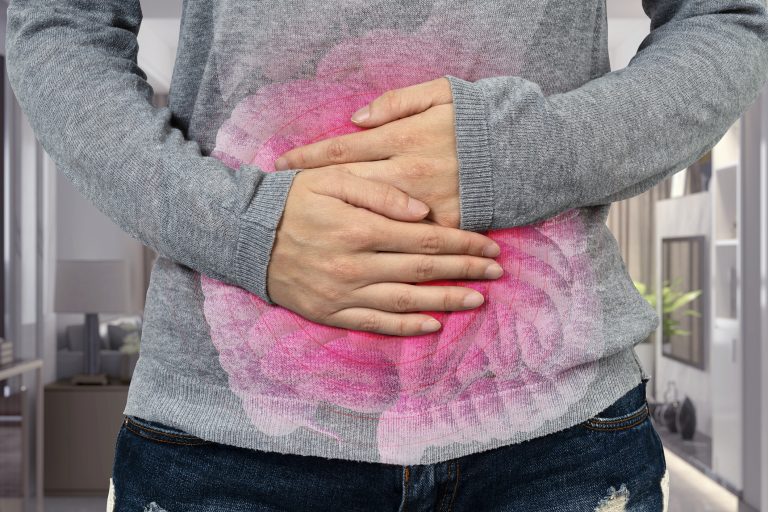
People who respond well to the recommended dietary therapy for irritable bowel syndrome (IBS) have an abundance of particular types of bacteria in their gut, reveals new research from the Wellcome Sanger Trust and Addenbroke Hospital in the U.K. Kevin Vervier of Sanger was lead author of the study, which was published in Gut in September.
The composition of the trillions of microbes in the gut (microbiome) is thought to have a major role in the development of IBS, which affects up to 15% of people worldwide.
Restricting fermentable carbs, which are found in a wide range of foods, including wheat, onions, and milk, is usually recommended to ease symptoms, an approach known as the low FODMAP (fermentable oligo-, di-, mono-saccharides and polyols) diet.
But it’s not fully understood exactly how this diet works or if there are particular genes or molecules that will identify those in whom it will.
In a bid to plug this knowledge gap, the researchers analyzed stool samples of 56 people with IBS and 56 people without the disease who lived with these patients. The research team then assessed the clinical response in 41 of these pairs after 4 weeks on the low FODMAP diet by reviewing their stool samples again.
Before adoption of the low FODMAP diet, analysis of the stool samples of those with IBS revealed two distinct microbial ‘signatures,’ which the researchers referred to as ‘pathogenic-like’ (IBSP) and as ‘health-like’ (IBSH).
The pathogenic microbial signature was abundant in harmful Firmicutes sp, including known disease-causing bacteria, such as C. difficile, C. sordellii and C. perfringens, but very low in beneficial Bacteroidetes species.
The lactic acid bacteria Streptococcus parasanguinis and Streptococcus timonensis that are usually found in the mouth were also abundant. And bacterial genes for amino acid and carbohydrate metabolism were overexpressed, which may explain the excess of some metabolites that are linked to IBS symptoms, say the researchers.
The healthy microbial signature of the other IBS patients was similar to that found in the comparison group (household members).
After 4 weeks on the low FODMAP diet, the microbiome of the comparison group and those with the healthy microbial profile stayed the same.
But the microbiome of those with the pathogenic profile became healthier, with an increase in Bacteroidetes, and a fall in Firmicutes species. And the bacterial genes involved in the metabolism of amino acids and carbs were no longer overexpressed.
The symptoms improved in 3 out of 4 of the patients with IBS. But the clinical response to the low FODMAP diet was greater in those with IBS and a pathogenic microbial signature than it was in those with IBS and a healthy gut microbial signature.
“The evidence associating diet, the microbiome and symptoms in [pathogenic IBS] is compelling, but studies following the introduction of candidate organisms into an animal model are needed to prove the relationship is causal,” caution the researchers.
Nevertheless, they suggest their findings could pave the way for the development of a microbial signature to identify those who would respond best to a low FODMAP diet and better manage those who wouldn’t.
“If the bacteria represented in the [pathogenic] subtype are shown to play a pathogenic role in IBS, perhaps through their metabolic activity, this provides a target for new therapies and an intermediate [marker] by which to assess them,” the researchers suggest.













